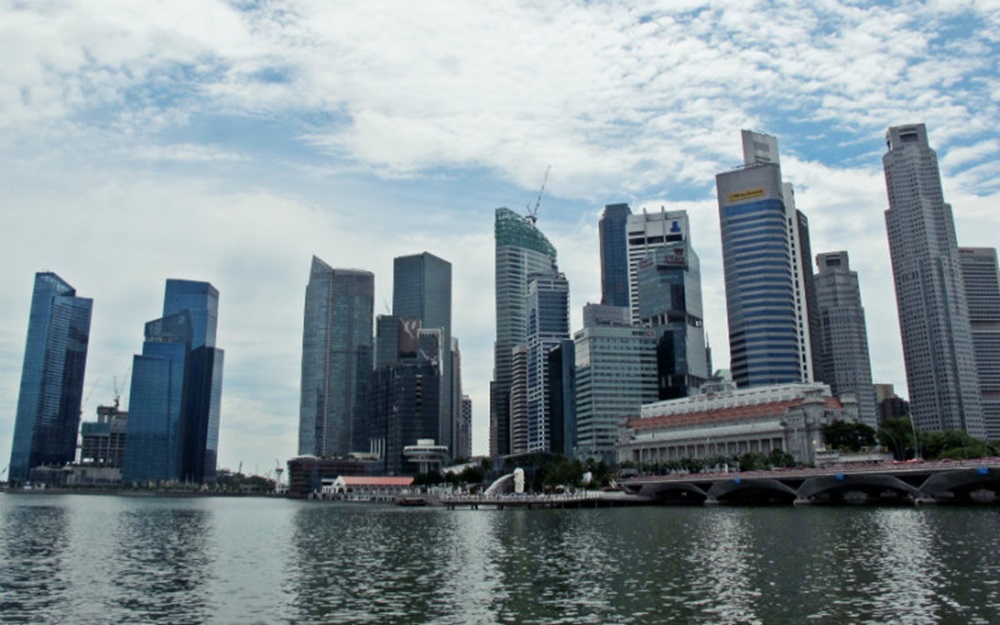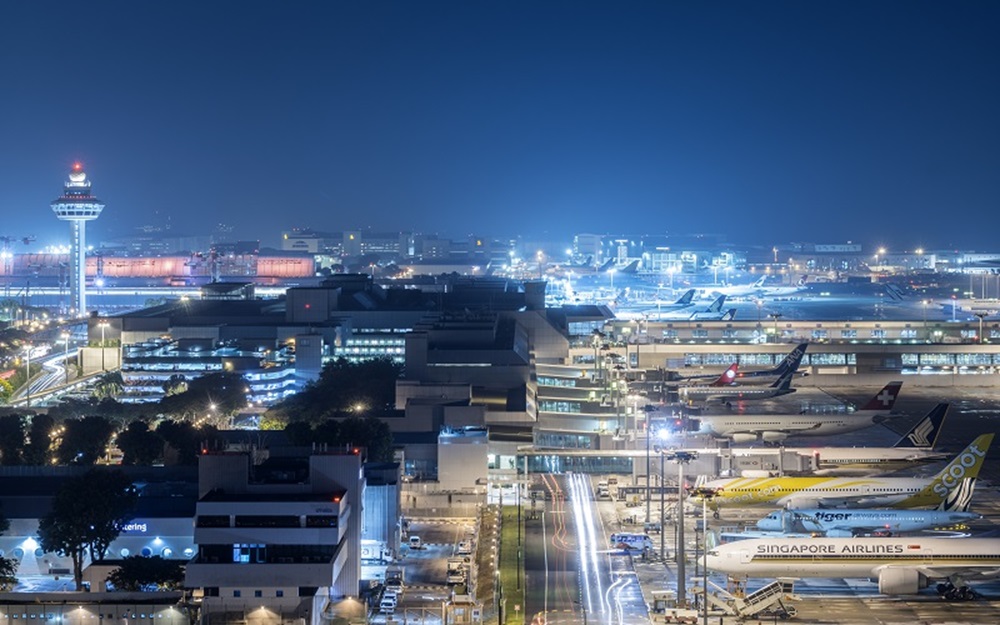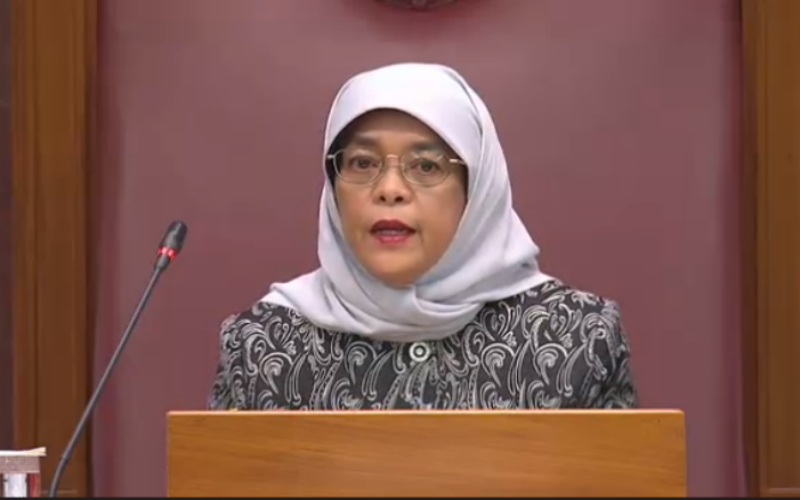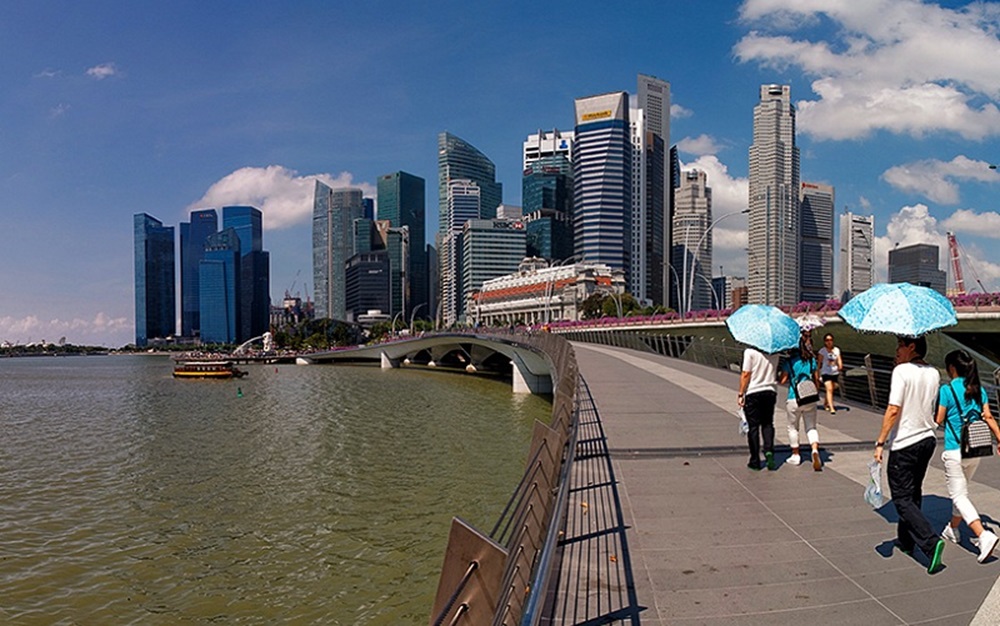
There have been suggestions that the Government is excessively prudent and that too much investment income is put back into the national reserves. Some have cited the International Monetary Fund’s (IMF) general guidance on reserves adequacy, which appear to advocate a less conservative approach than what Singapore is practising.
What is the IMF’s guidance on reserves?
IMF’s recommendation is meant to cater only for one specific risk: the risk of capital flight. This refers to the risk of a large scale exodus of financial assets from a country, due to a loss of confidence in the national currency. IMF’s recommendation does not address other risks.
However, we need to be ready for crises that go beyond capital flight risks. Singapore is a small and open economy. This means that we will always be vulnerable to fluctuations in the global economy and financial markets. We must be prepared to deal with unforeseen events and crises which can have a very significant impact on Singapore.
What were some of the crises we faced in the past?
In 2009, Singapore’s economy was severely threatened amidst the Global Financial Crisis. Fortunately, the Government sought the President’s approval for a $150 billion guarantee on all bank deposits in Singapore to be backed by the reserves, and to draw on $4.9 billion of reserves to fund two one-off measures to boost the economy.
Beyond preparing for future economic crises, we need to continue to anticipate other forms of crises that may impact Singapore, such as security or health emergencies.
International developments today highlight that the future is ever-changing and uncertain. We can never predict where or when the next crisis will come.
How can we grow our revenues while saving for the future?
Even as we save for future crises, we are still benefitting from the reserves now. Contributions from reserves are already the largest contributor to government revenues today. If we did not have our reserves to generate investment returns to spend from, we would have had to more than double personal income tax, or Goods and Services Tax (GST), to raise the same amount of revenue.
Singapore has a significant financial advantage in being able to tap on the contributions from our reserves for spending, instead of using the money to pay interest on debt.
Source:
Singapore Budget Debate 2018 Round-Up Speech
This article is accurate as at March 2018. For the latest updates, visit www.mof.gov.sg.
We use cookies to tailor your browsing experience. By continuing to use Gov.sg, you accept our use of cookies. To decline cookies at any time, you may adjust your browser settings. Find out more about your cookie preferences here .














